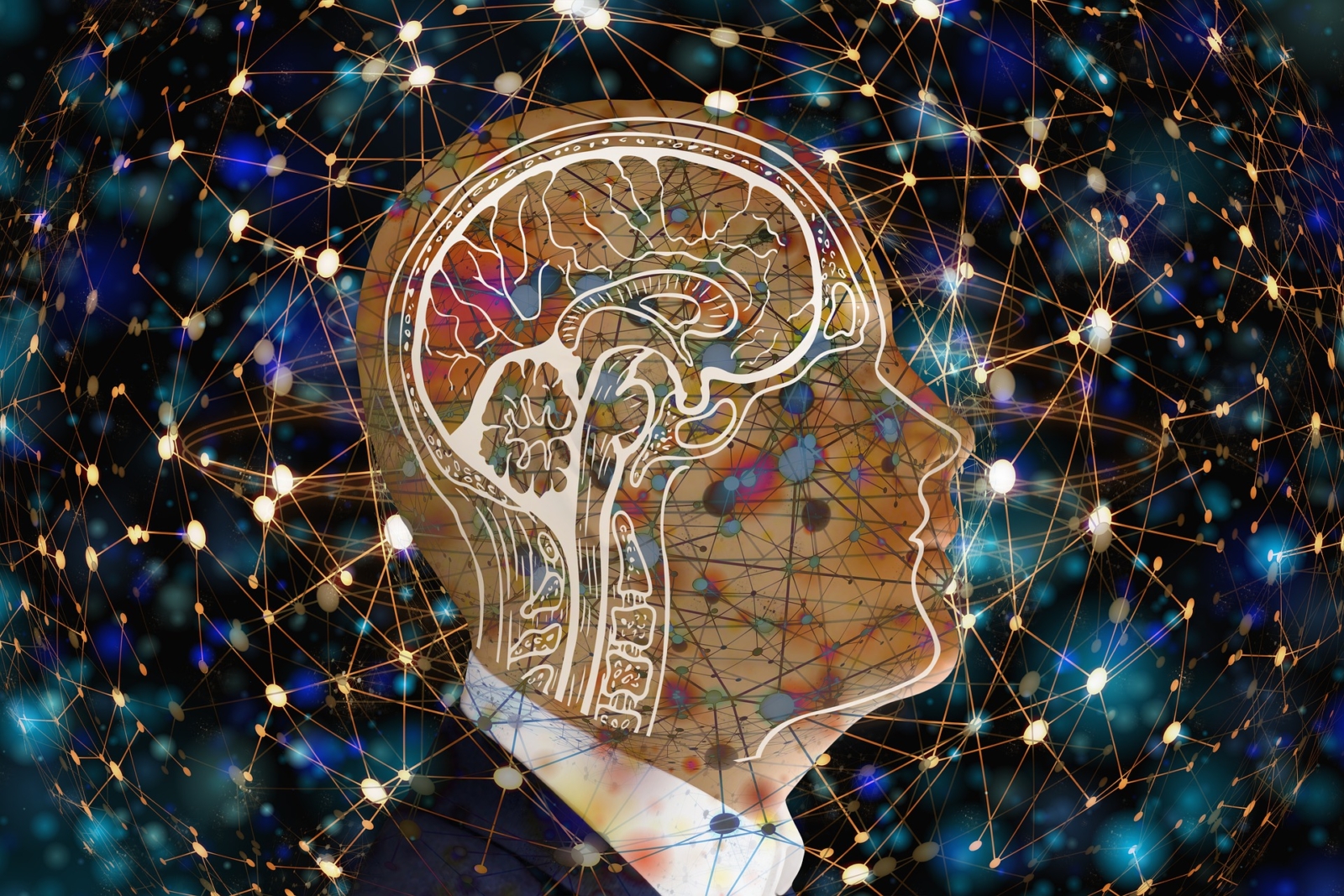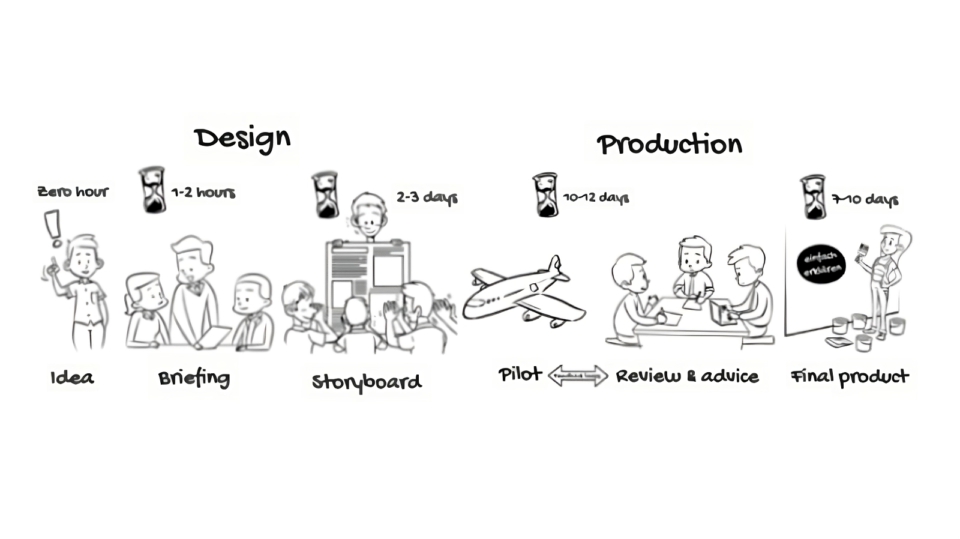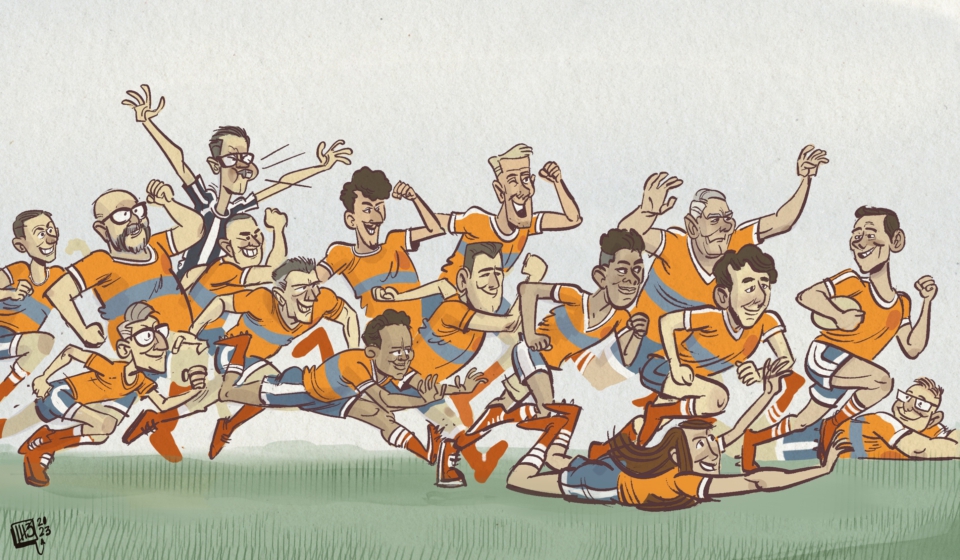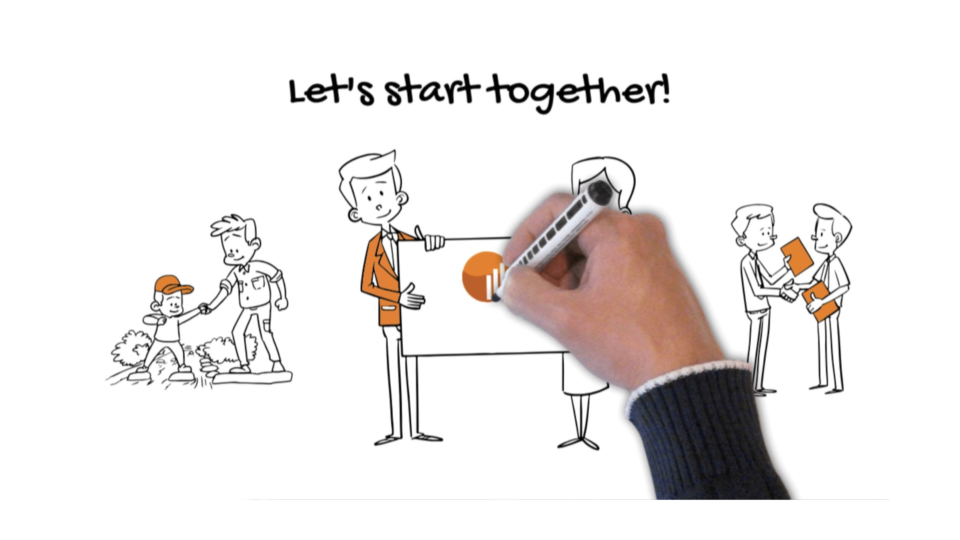Our beautiful planet Earth has indeed seen 4 major revolutions that have changed its entire face. The 18th century boasted to us the first steam engine. Then, in the 19th century, the world was given the powerful source of electricity. In 1958, for the first time, the word `information technology‘ was introduced to us. And finally, the fourth revolution is one we are all experiencing right now… Artificial Intelligence. Ladies and Gentlemen! Thank you for having made it this far. I am sure the reading has been somewhat informative and more importantly, interesting up to this point. It certainly has been interesting learning about this topic for me. It is indeed important to understand AI and how it affects us. As AI oracle and venture capitalist Dr. Kai-Fu Lee once said: “AI is going to change the world more than anything in the history of mankind.”And so, in this final blog, we will look at some important yet interesting topics on the future of AI.

Published:
21/10/2022Imagine pinpointing exact treatments for cancer patients. Or being able to assess one‘s own health through technology (such as phones and smartwatches) which eases the workload of professionals through preventing unnecessary hospital visits or remissions. This is all rapidly supported by the usage of AI. Integrating AI into the medicinal and healthcare ecosystems brings many benefits. Tasks will be automated and patient data sets with huge sizes will be analysed delivering better healthcare faster, and for cheaper. Better medicine means better healthcare which means a healthier and longer life will develop for us in future, and especially for those born in the next generations.
A smart city is a framework of digital connection. Information and Communication Technologies work together to promote and grow urbanization. An AI network of devices and machines transmit data using wireless networking to connect infrastructure in cities. Smart cities will ensure safer communities. Technologies such as license plate detectors, connected crime centres and gunshot detectors will all be easier to recognize. There will be a reduced environmental footprint. Autonomous electric cars will ensure fewer fossil fuels. Energy-efficient buildings, renewable energy sources and air quality sensors are allowing cities to be given the opportunity to possess new tools to shrink their ecological impact.
One more advantage we will continue developing thanks to the support from AI is that of communication and collaboration. Digital tools are changing the way we work, meet and collaborate. Years ago, people had to drive far, or fly far, to attend important meetings. Nowadays it is becoming more popular to attend these meetings at home via virtual spaces, mobile devices and video calls. Natural Language Processing will allow us to speak our native language whilst the listener has the content immediately translated into his/her native language. AI has the power to improve meetings before they start with smart scheduling, auto-composition of messages, intelligent risk management and self-healing.
With high technology, come high costs. Power-hungry algorithms require a supercomputer’s computing power and these are not cheap! The amount of power these power-hungry algorithms need is considerable. They demand an ever-increasing number of cores and GPUs to work efficiently. The future of AI will require high maintenance and it will be very pricey to run supercomputers. Then of course there is a trust deficit. Many people worldwide don‘t yet know how and why AI is being used, or that it even exists as a whole. Once the future is run on AI, many people might just question it further.
Reports by the World Economic Forum have been made that AI will be the cause of 75 million jobs being lost by 2022, but also for the introduction of 133 million new jobs. The challenges those who lose their jobs through the replacement of machines will face, and the uncertainty of getting a new job as said to be true. Will it be new jobs everyone is capable of? Or are brand-new jobs only designed for highly skilled people? Also, when exactly will these new jobs be accessible?
It is already difficult enough for us humans to read the emotions of our fellow colleagues. Now imagine a machine trying to do so. Because of the subjective nature of emotions, emotional AI is especially prone to bias. It will in future also be difficult for AI machines to be sophisticated enough to understand and tell apart the differences between cultures in expressions and in reading emotions. This will make it tough for future AI to draw accurate conclusions in any field it works in. If business owners incorporate such emotional AI machines, it is vital for them to understand and prevent such bias from happening.
It is said that fully autonomous weapons will become popular in many countries – especially governments with a ton of money. We have had an arms race before, so indeed the usage of AI could ease a new international arms race which would of course threaten international peace and security. In comparison to nuclear weaponry, this technology will be rather cheap to build and own in comparison. This allows dictators or terrorists to be in possession of fully autonomous weapons! How will all this be regulated and who will have access? Another danger to acknowledge is the fact that many businesses feed AI-fuelled algorithms with personal data and information because the AI machine can with this information predict outcomes and solutions much faster than a human can. Data security and privacy therefore will be another challenge.
As with all things in life, boundaries do draw lines of endings. Here are a few examples of professions I believe an AI-powered machine will have huge challenges to mimic.
Thank you to each and every single one of you who read this blog series. I do sincerely hope you have enjoyed it, and that you have learned one or two things out of it. It was a fantastic learning experience for me. Artificial Intelligence will inevitably have an impact on our future. But together we will be able to guide the outcome in a positive direction.

Hello ladies and gentlemen! My name is Lucas and I am 19 years old. I matriculated in South Africa at the end of 2019 and currently live in Austria after successfully completing my 6 month military service in 2020. Now I am studying International Business and Economics and am also granted the privilege of working with HCM. I really look forward to a wonderful time together with this fantastic team. Traveling, cooking, meeting people, sport, piano, saxophone, and accordion are a few of my desired hobbies! I am a true believer in good deeds and an adventurous life!

Discover within this blog the processes & strategies that were used to create the HCM Explainer Video!

A look back at the 2023 HCM Winter Event: an opportunity to connect with each other and build lasting work relationships.

What were the best practices gained from the creation of the HCM Explainer Video? Enjoy reading this blog to find out!






